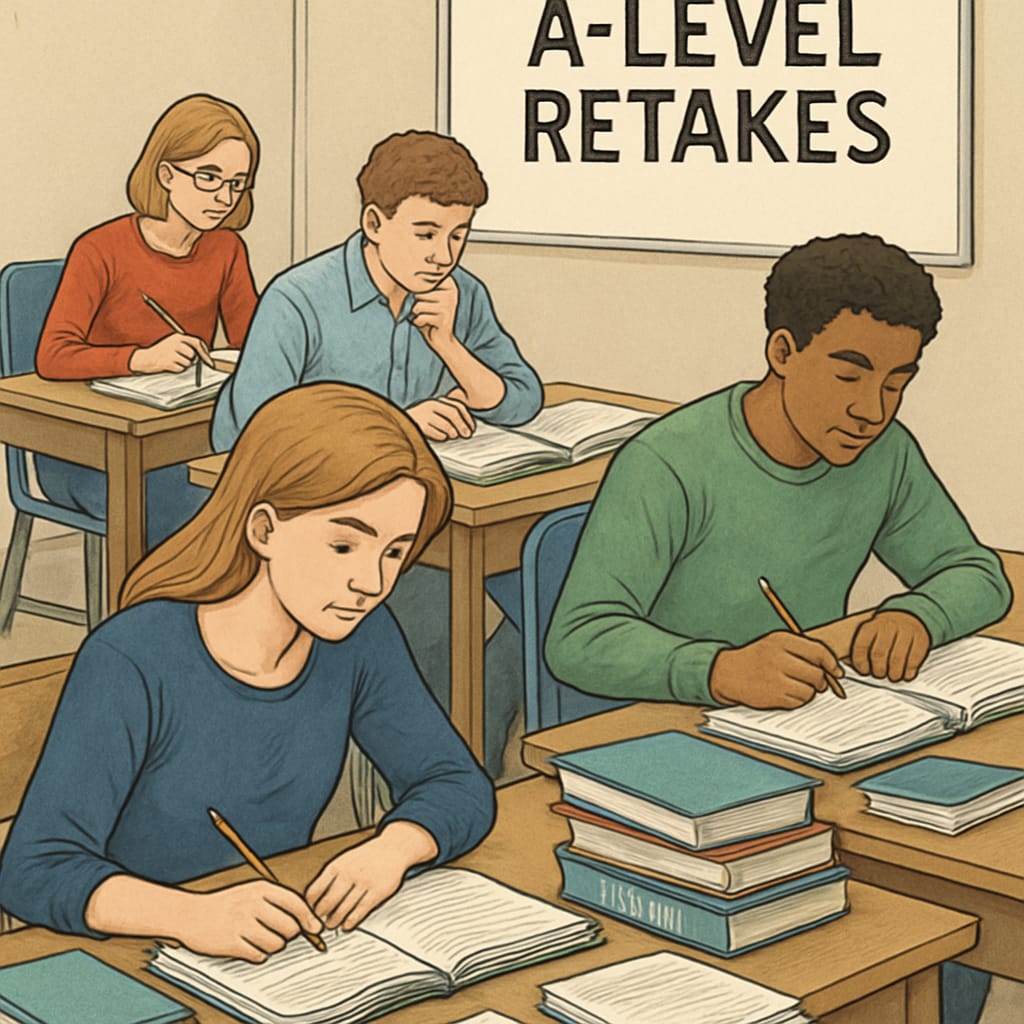For students facing disappointing A-level results, the journey to university can feel like standing at a crossroads. With aspirations in limbo, they often consider three main options: retaking their A-levels, enrolling in a lower-ranked university in their home country, or pursuing foundation year courses (preparatory programs) abroad. Each path offers unique opportunities and challenges, making the decision a critical one for future academic and career trajectories.
Option 1: Retaking A-levels – A Second Chance at Success
Retaking A-levels provides students with an opportunity to improve their grades and secure admission to their first-choice universities. This option is particularly appealing for those who narrowly missed their target grades or have ambitions to attend prestigious institutions.
- Advantages: Retaking exams allows students to potentially achieve their original goals, including access to competitive programs.
- Challenges: The process can be time-consuming and emotionally taxing, requiring immense dedication. Additionally, students may feel the pressure of competing with newly graduating cohorts.
For example, students retaking A-levels must consider whether they have the resources and support to succeed the second time around. Institutions like A-level exam boards provide clear guidelines for retakes, but personal motivation remains crucial.

Option 2: Enrolling in a Lower-Ranked Domestic University
Another avenue involves choosing a university in your home country that accepts students with lower A-level grades. While these universities may not have the prestige of higher-ranked institutions, they still offer quality education and opportunities for personal growth.
- Advantages: It allows students to commence their higher education journey without delays. Many such universities offer strong support systems and opportunities to excel academically.
- Challenges: Some students may feel that attending a lower-ranked institution could impact their career prospects or result in fewer networking opportunities.
However, the reputation of a university is not the sole determinant of success. Employers often value skills, experiences, and individual achievements more than a university’s ranking. Students can still make the most of their time by engaging in internships, extracurricular activities, and networking events offered by these institutions.

Option 3: Pursuing Foundation Year Courses Abroad
Foundation year courses are preparatory programs designed to help students transition into undergraduate studies at universities abroad. These programs are particularly popular for students who do not meet the direct entry requirements for their chosen universities.
- Advantages: Foundation courses can bridge academic gaps and provide students with the chance to adapt to a new educational system. They also offer exposure to diverse cultural experiences and global perspectives.
- Challenges: The financial cost of studying abroad can be significant. Additionally, adjusting to a new country and culture may bring its own set of challenges.
For instance, renowned institutions like international universities often offer tailored foundation programs that lead to direct admission into undergraduate courses, making this option appealing for globally-minded students.
Making the Right Decision
Choosing the right path after disappointing A-level results requires careful consideration of personal goals, financial resources, and long-term aspirations. Here are a few steps to guide the decision-making process:
- Assess your goals: Reflect on your career aspirations and how each option aligns with them.
- Research extensively: Look into universities, courses, and programs to understand their requirements and offerings.
- Seek advice: Consult career advisors, teachers, or alumni who can provide valuable insights.
Remember, your A-level results are just one chapter in your academic journey and do not define your entire future. With determination and strategic planning, you can turn setbacks into opportunities for growth and success.
Readability guidance: This article balances short and concise paragraphs with bullet points for clarity. Transition words like “however” and “in addition” ensure smooth flow between sections. The outlined options provide actionable insights for students at this pivotal stage.


